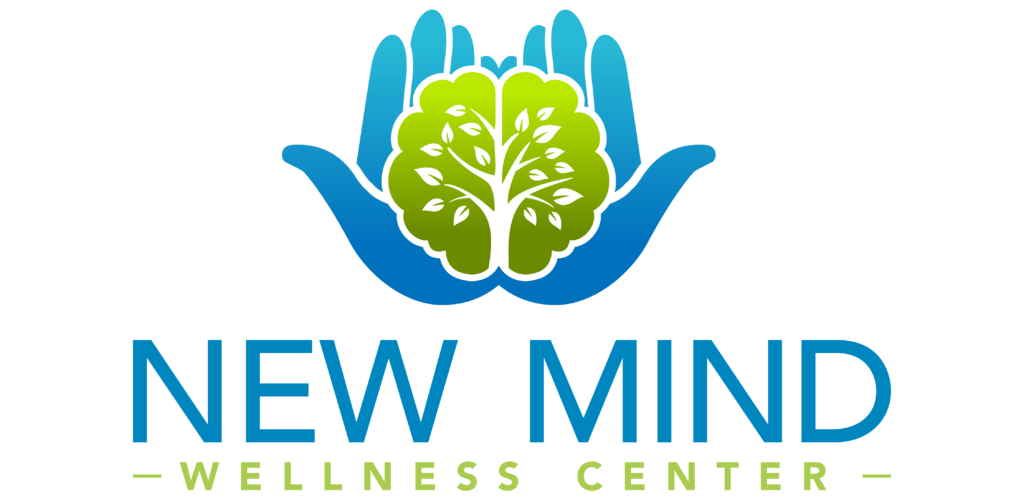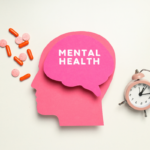
Philadelphia Mental Health Statistics
Understanding the mental health landscape in any city is crucial for identifying needs, allocating resources, and developing effective treatment strategies. For Philadelphia, a city rich in history and cultural diversity, the mental health statistics provide a stark reminder of the ongoing challenges faced by its residents. At New Mind Philadelphia, we offer hope and healing to individuals who are struggling with mental health concerns of any type or severity. We understand how far-reaching the impact of untreated mental illness can be. We offer a range of effective treatment options, rooted in cutting-edge, individualized care.
To learn more about mental health programs in Philadelphia, call us today or verify your insurance online. We look forward to helping you get started on your personal recovery journey.
Prevalence of Mental Illness in Philadelphia
Mental health issues are a significant concern in Philadelphia, affecting a substantial portion of the population. According to Mental Health Statistics in Philadelphia results, approximately 20% of Philadelphia’s residents experience some form of mental illness each year. This statistic translates to around 300,000 individuals dealing with conditions ranging from mild depression to severe schizophrenia.
Depression and Anxiety
Depression and anxiety are the most common mental health disorders in Philadelphia. Approximately 10% of adults in the city report experiencing symptoms of depression. Anxiety disorders, which include generalized anxiety disorder, panic disorder, and social anxiety disorder, affect about 8% of the adult population. These conditions often coexist, compounding the difficulty in managing day-to-day activities for those affected.
Serious Mental Illnesses
Serious mental illnesses (SMIs) such as schizophrenia, bipolar disorder, and major depressive disorder are also prevalent. It’s estimated that around 4% of Philadelphia’s population suffers from an SMI, which requires more intensive treatment and support. These conditions can severely impact an individual’s ability to function and often require long-term care.
Substance Use Disorders
Substance use disorders (SUDs) are often linked to mental health disorders, exacerbating existing conditions or contributing to the development of new ones. In the Philadelphia-Camden-Wilmington metropolitan area, approximately 472,000 individuals aged 12 or older were classified as having a substance use disorder in the past year, with 1,308 fatal overdose deaths reported in Philadelphia County in 2023 alone.
For individuals seeking assistance, options like medical detox near me are available in Philadelphia to help manage withdrawal symptoms and lay the foundation for long-term recovery.
Mental Heath Demographic Insights
Mental health issues in Philadelphia do not affect all demographic groups equally. Various studies indicate that certain populations are more vulnerable due to socioeconomic factors, cultural stigma, and access to care.
Youth and Adolescents
Youth and adolescents in Philadelphia are particularly at risk. Recent surveys conducted by the Centers for Disease Control and Prevention (CDC) show that nearly 15% of high school students report experiencing symptoms of depression, and about 10% have seriously considered suicide. These alarming statistics highlight the need for targeted interventions in schools and communities to support young people struggling with mental health issues.
Racial and Ethnic Minorities
Racial and ethnic minorities face unique challenges in accessing mental health care. African American and Hispanic communities in Philadelphia report higher rates of mental health issues but are less likely to receive treatment due to cultural stigma and economic barriers. Efforts to reduce these disparities are crucial for ensuring equitable mental health care for all residents.
Impact of the COVID-19 Pandemic
The COVID-19 pandemic has exacerbated mental health issues across the globe, and Philadelphia is no exception. The pandemic has led to increased rates of anxiety, depression, and substance abuse. Social isolation, economic uncertainty, and the fear of illness have all contributed to the decline in mental well-being.

Treatment Options at New Mind Philadelphia
At New Mind Philadelphia, we are committed to providing comprehensive mental health care tailored to the needs of our diverse community. Our treatment programs are designed to address the full spectrum of mental health issues, from mild anxiety to severe psychiatric disorders.
Partial Hospitalization Program (PHP) is a key component of our treatment strategy. Our PHP offers intensive, structured care through individual, group, and family therapy sessions led by licensed therapists. These sessions utilize various therapeutic modalities, including cognitive-behavioral therapy (CBT), dialectical behavior therapy (DBT), and trauma-focused therapy, providing comprehensive support for recovery.
Our Intensive Outpatient Programs (IOP) are designed for individuals who need more support than traditional outpatient therapy but do not require inpatient care. IOP provides a structured environment with multiple therapy sessions per week, focusing on skill-building and relapse prevention.
Outpatient therapy is a cornerstone of our treatment approach. We offer individual, group, and family therapy sessions conducted by licensed therapists trained in various therapeutic modalities, including cognitive-behavioral therapy (CBT), dialectical behavior therapy (DBT), and trauma-focused therapy.
For those requiring medication management, our team of psychiatrists provides thorough evaluations and ongoing treatment. We believe in a holistic approach, combining medication with therapy to achieve the best outcomes for our clients.
Group therapy provides a supportive environment where individuals can share experiences and gain insights from others facing similar challenges. Led by experienced therapists, our sessions cover topics such as stress management, social skills, and relapse prevention, helping participants develop effective coping strategies.
Eye Movement Desensitization and Reprocessing (EMDR) is a specialized therapy effective for treating trauma and PTSD. This method involves recalling distressing memories while undergoing guided eye movements or other bilateral stimulation, helping to reprocess and reduce the emotional impact of traumatic experiences.
Red light therapy utilizes low-level wavelengths of light to treat various conditions, including skin issues, pain, and inflammation. In mental health, it has shown promise in alleviating symptoms of depression and anxiety, offering a non-invasive adjunct to traditional treatments.
Holistic therapy at New Mind Philadelphia addresses the whole person—mind, body, and spirit. Incorporating techniques like yoga, meditation, acupuncture, and nutrition counseling, our holistic approach aims to foster overall well-being and balance in all aspects of life.
Genetic testing helps tailor mental health treatments by identifying specific genetic markers that influence how an individual responds to medications. This personalized approach reduces trial and error in finding the most effective medication, enhancing treatment outcomes and minimizing side effects.
Community Outreach and Education
Education and awareness are vital components of mental health care. New Mind Philadelphia engages in community outreach programs to educate the public about mental health issues and reduce stigma. We offer workshops, seminars, and resources to empower individuals and communities to take charge of their mental well-being.
Begin Healing at New Mind Philadelphia
The mental health statistics in Philadelphia paint a sobering picture, but they also underscore the importance of accessible and effective treatment options. At New Mind Philadelphia, we are dedicated to addressing these challenges head-on, providing compassionate care and innovative solutions to improve the mental health of our community. If you or a loved one are struggling with mental health issues, don’t hesitate to reach out to us. Together, we can navigate the path to recovery and wellness.
For more information about our services or to schedule an appointment, please call us directly or verify your insurance online now. Your mental health is our priority, and we are here to support you every step of the way.




